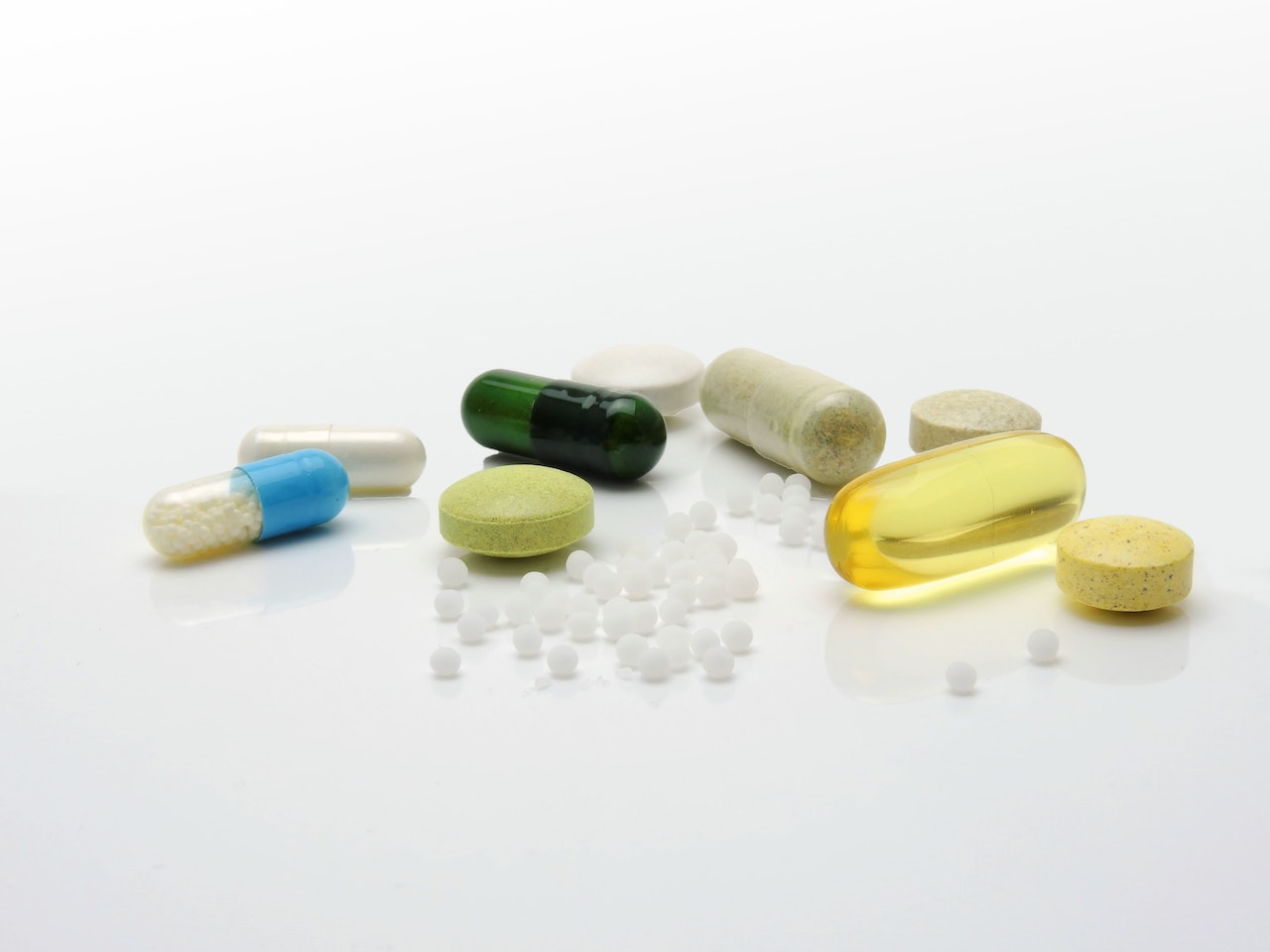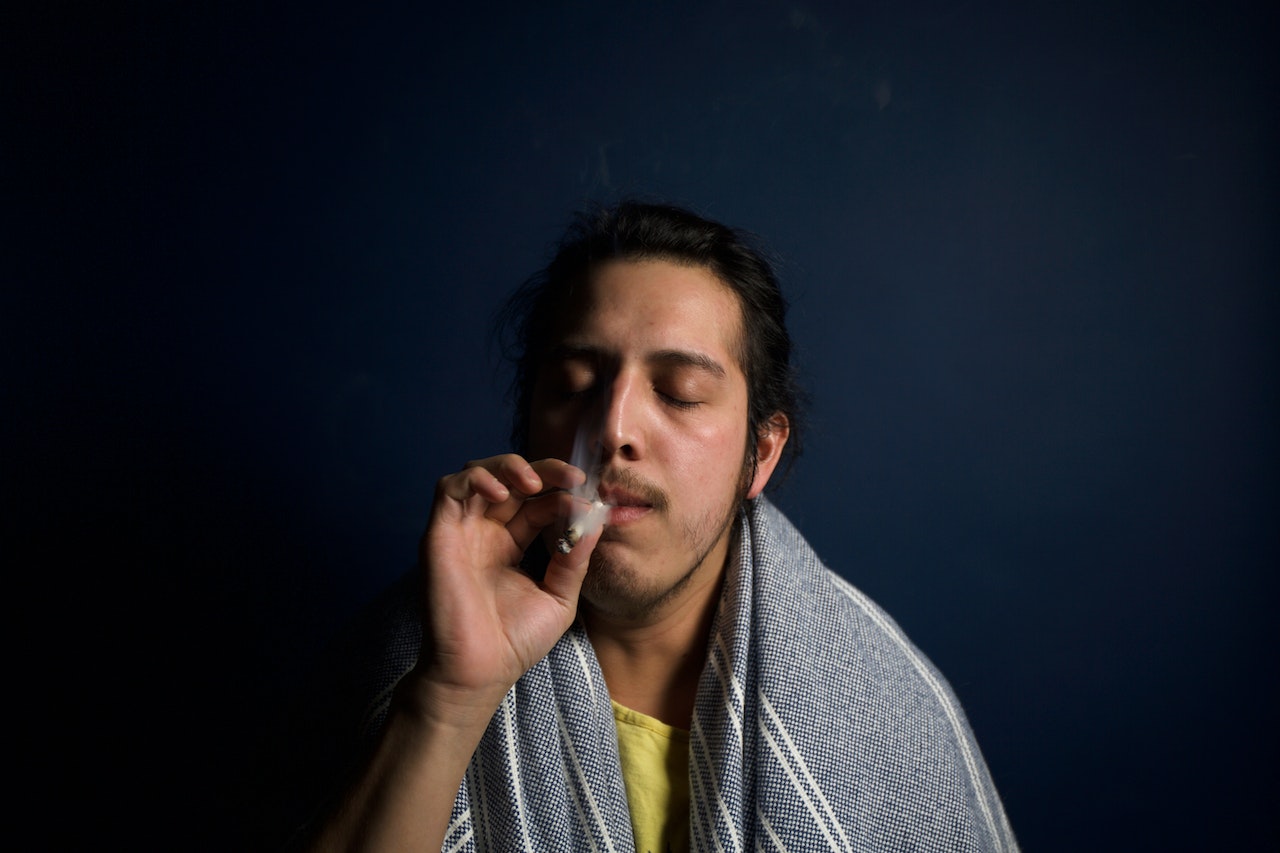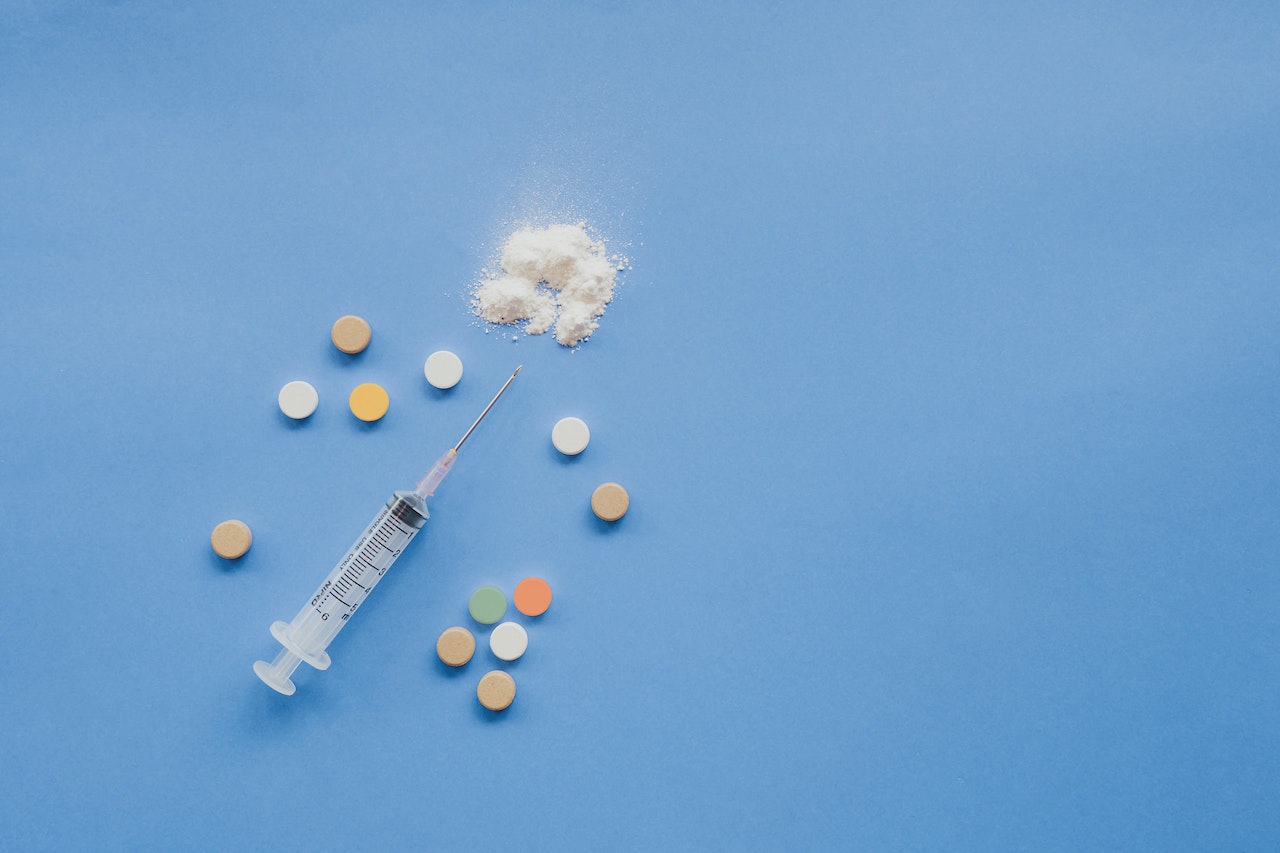Physical dependence is a term associated with substance use disorders. A drug user is classed as physically dependent when they suffer from physical symptoms as a result of not consuming the drug.
In the context of the five stages of drug dependence, physical dependence comes after experimentation, continued use and tolerance, making it the fourth stage.
The final stage after physical dependence is addiction.
This means that all people with physical dependence have used drugs continuously and built up a tolerance. Tolerance is the reason for physical dependence; when we stop consuming a substance that is affecting our body, we have a reaction to it.

You may assume that we can become physically dependent on all addictive substances, but this isn’t true. There are certain drugs that do not tend to cause physical dependence, such as:
Some people who use these drugs will develop a physical dependence that requires a medical detox.
However, most of the time, the main dependence caused by these drugs is psychological. This means that patients don’t have to gradually withdraw from the substance to avoid dangerous physical symptoms.
When we talk about the causes of addiction, we discuss things like trauma, exposure and genetics.
Though anyone can develop an addiction, these three triggers make certain people much more vulnerable to becoming addicted to something.
However, physical dependence works differently. Anyone who uses an addictive substance over a long period of time is likely to develop physical dependence.
This does not necessarily mean that they have different genetics, or that they were raised in a way that made them prone to dependence.
When we use addictive substances, it’s natural for our body to adapt to the way they make us feel, and to therefore react negatively when we withdraw from using the substances.
This is why there are such high rates of dependence in people who engage in addictive behaviours regularly.
For example, around 9% of long-term cannabis users are considered physically dependent on the substance, and many of these individuals use cannabis every day (1).
That being said, certain people are more likely to engage with chronic drug use in the first place, and this is where genetics, exposure and trauma come in.
Someone with a family history of drug use, frequent exposure to drugs and severe trauma is usually more likely to become physically dependent than the average person.
However, this isn’t because their body responds differently to drugs, but because this individual is more likely to use drugs regularly or to excess.
This also makes the individual more prone to developing an addiction as a result of their dependence.

Withdrawing from drugs can cause a range of different symptoms, including
When these symptoms are experienced briefly, during the medical detox, it is known as acute withdrawal syndrome.
Sometimes, the symptoms continue for a long time, and this is called post-acute withdrawal syndrome (PAWS) (2).
It’s very common for PAWS to involve psychological symptoms as well as physical. To find out common withdrawal symptoms of certain substances, have a look at our list of addictions and select the relevant substance.
In these articles, you will find information about the causes, signs and symptoms of each addiction.

If someone is physically dependent on a drug but not yet addicted, it can be harder to spot the signs. This is because addiction tends to impact all parts of life, whereas dependence may not.
There are still signs to look out for when it comes to physical dependence. Most people realise that they have a problem, or their loved one has a problem when they spot the physical symptoms at play.
For example, they may notice that their friend has lost a lot of weight very quickly, or their family member has a compromised immune system. However, these signs alone do not always correlate to physical dependency.
Other signs include:
As physical dependence can occur due to chronic drug use, it can be prevented by avoiding drugs and alcohol. Behavioural addictions do not cause physical dependence, so non-drug users will not have to suffer from physical dependence.
For people who are already using drugs or alcohol, there are ways to reduce the likelihood of physical dependence without abstaining. However, there is no guarantee that moderate drug use will always stay moderate, so physical dependence is always a risk.
The best way to prevent physical dependence, aside from avoiding addictive substances, is to be mindful of the stages of addiction and to take care of your mental health.
When you understand what addiction is and how it progresses, there is more chance that you will avoid engaging in risky addictive behaviours.
For example, perhaps you are aware that drug addiction is extremely common after trauma, so you are mindful to not use drugs as a way to escape your trauma.
In terms of mental health, plenty of triggers for drug use are linked with our psychology.
Someone who takes good care of their mental health will be able to recognise when they are feeling triggered, and instead of coping by using drugs, they can choose a healthy coping mechanism.
By being educated on physical dependence and mental health, your risk for physical dependence is lowered. However, as we have discussed, dependence occurs naturally when we use addictive drugs repeatedly, so you must accept that it is a possibility for all drug users.

When you try to withdraw from a substance and experience physical side effects, it’s your body telling you that it is dependent on the substance. At this point, the only safe way to get sober is to have a medical detox.
Medical detoxes are available at rehab facilities in the UK, as well as some outpatient facilities.
There will be a needs assessment before you get the detox, which will determine the specific treatment plan for you.
Medical professionals will ask about the context surrounding your dependence as this will help them to make the detox as safe and suitable as possible.
Some patients have medical detoxes at home with a home detox provider. Assessments are also necessary for this type of detox, and there may be further questions asked due to the risky nature of home detoxing.
You will not be permitted to detox at home if the provider feels there are too many risks involved. This means that when you are approved for a home detox, you can trust that you’re in safe hands.
However, if any dangers arise, medical attention won’t be provided immediately as you won’t be in a clinical setting. On the other hand, detoxes at rehab are fully supervised, which means patients can receive urgent treatment as soon as they need it.
As physical dependence does not have to come with psychological dependence, many patients pay for a one-off detox and this helps them to return to their life before dependence. Yet, most people need to have psychological treatment in order to remain sober.
Dependence can leave you with psychological damage for a range of reasons, from blaming yourself for your problem to feeling as though you won’t be able to cope without using drugs.
What’s more, some people were drawn to drugs in the first place because of an underlying psychological issue that needs to be addressed.
When these issues are investigated in therapy, the patient is less likely to return to drug dependence, as they will have the tools to manage any temptation.
Most people find long-term therapy the most effective for this, but self-help groups and short-term therapies are also recommended.

Some people confuse the physical nature of certain behavioural addictions with physical dependence. For example, they believe that eating disorders must involve physical dependence, as the behaviour (binging, purging, starving etc) is physical.
This is not the case. When we talk about physical dependence, we are referring to chemical changes that occur in the body when people become reliant on addictive substances.
It is true that someone with an eating disorder would find it extremely difficult to stop the addictive behaviour, but this would be a psychological issue.
If someone with bulimia stopped binging and purging, they would not experience physical withdrawal symptoms in the same way that someone detoxing from alcohol would.
We have explained that physical dependence naturally occurs with intense drug use, so why doesn’t every drug user become physically dependent?
Firstly, a significant number of drug users end up physically dependent on the drug they are using. This isn’t always obvious to others, as dependence can often be easily concealed.
It is also extremely common for drug users to not be aware that they are dependent on a substance. They would only realise this if they attempted to get sober, which they may not do.
Secondly, everyone has a different relationship with drugs and alcohol. Just because someone uses cocaine does not mean that they are using it regularly or in high doses.
They would be less at risk of dependence than someone who was using cocaine every day or using it to excess at the weekend.
Similarly, plenty of people use prescription drugs every day due to suffering from chronic pain or another health condition. They may never build up a tolerance if they are careful about their dose and they follow their doctor’s instructions.
However, others may end up with a serious addiction to prescription drugs, even after sticking to their doctor’s prescribed dose.
Finally, we are all built differently. While it is true that dependence is the most common result of long-term frequent drug use, it takes longer for certain people to become dependent on substances than others.
There are also additional factors involved such as the health of the drug user, their history with drugs and whether they are mixing substances.
Yes, physical dependence is more likely to occur when the drug user has a mental health condition.
People with mental health struggles are more at risk of addictive behaviours in the first place, so it is more likely that they will turn to chronic drug use.
Some reasons for this include:
These factors do not affect everyone with a mental health disorder, but they are commonly attributed to cases where people with mental health problems develop physical dependence.
This applies to people with depression, anxiety, ADHD, OCD, PTSD, bipolar disorder, schizophrenia, and any other psychological disorder in the DSM.
We refer to these individuals as dual diagnosis patients, and they make up 20-37% of patients in mental health settings in the UK.
Some of these patients will have developed dependence/addiction due to their mental illness, and others will have had the reverse experience. Sometimes, the link is not one-way, and the drug use and mental illness have triggered one another equally.
Yes, we can help people with physical dependence issues (and any other issues relating to substance use disorders). Our job is to understand what you’re suffering with and find an appropriate treatment.
Get in touch with us on 0800 140 4690 to explain your problem and find a helpful solution. If you aren’t sure whether you have a problem, or you’re calling with concerns about a loved one, we can remind you of the signs and symptoms of physical dependence.
[1] Medical Marijuana Use in Oncology https://jamanetwork.com/journals/jamaoncology/fullarticle/2504173
[2] How to cope with post acute withdrawal syndrome https://www.medicalnewstoday.com/articles/post-acute-withdrawal-syndrome#what-is-it